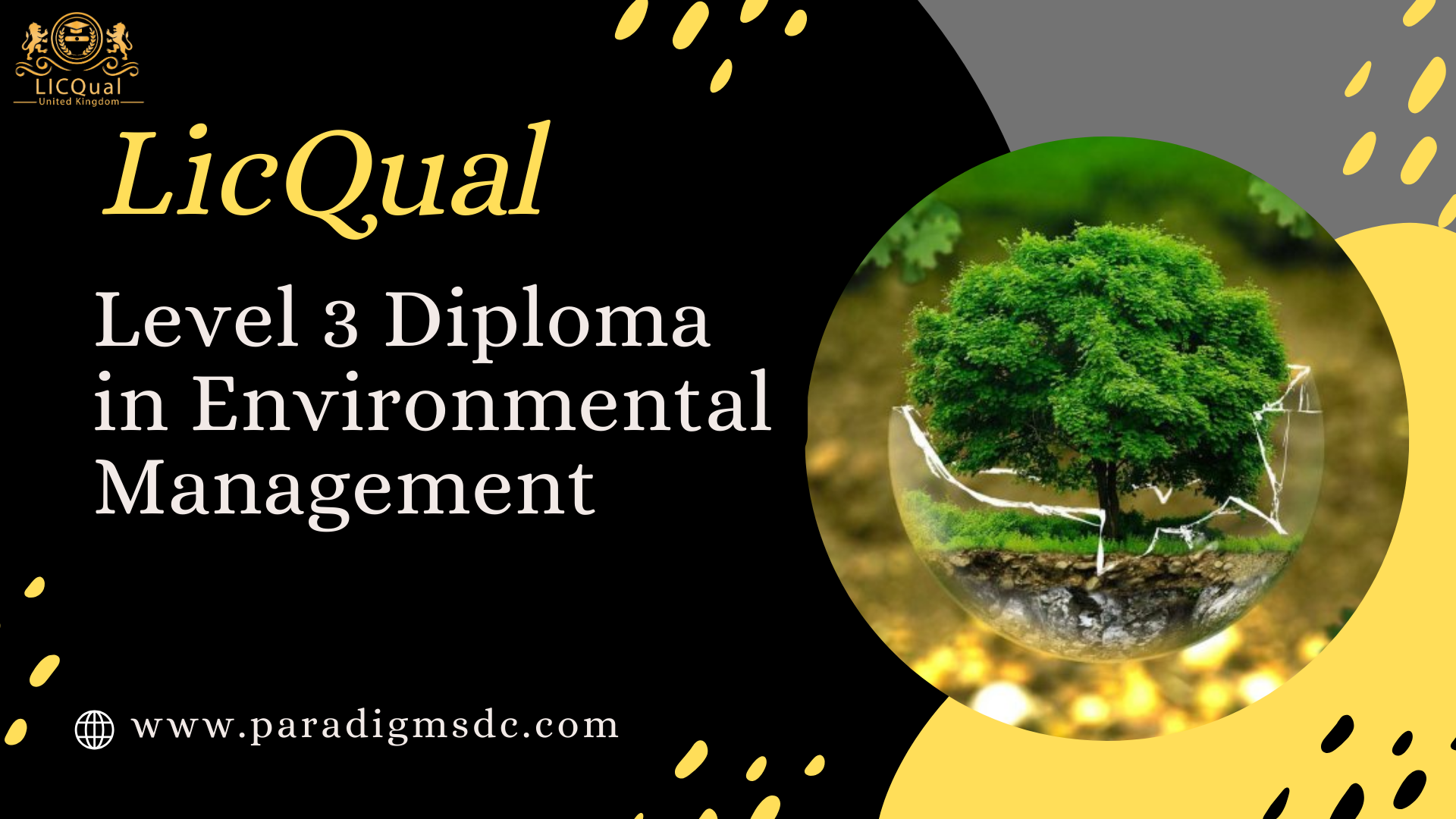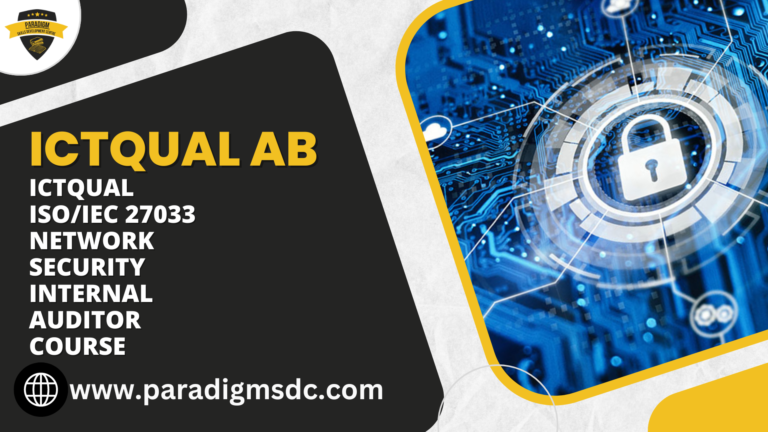Course Description
Level 3 Certificate in Environmental Management aims to equip learners with an understanding of the key principles of environment, the knowledge, understanding and information about the environmental management systems about ISO Standards. And also about the environmental planning and about the ways to key elements of an EMS. Most importantly learners will be able to know about the ways of protection of the environment by knowing about different factors that are important for a good environment system.
At the end of this program, the participants will be able to:
Understand the Concept of natural environment and its components
Understand the concept of the eco System
Understand the environmental management systems about ISO Standards
Understand the EMAS Description
Understand the importance of Eco-Management and Audit Scheme
Understand key elements of an EMS
Understand the Introduction of Modern Environmental management and its Processes and Change
Understand about the Effects of Agriculture on Human Environment
QUALIFICATION STRUCTURE
The Level 3 Certificate in Environmental Management consists of 5 Mandatory units making a combined total of 12 credits, 120 hours Total Qualification Time (TQT) and 60 Guided Learning Hours (GLH) for the completed qualification
Unit 1. Introduction to Environment
Unit 2. Environmental Management Systems
Unit 3. Environmental Planning Unit 4. Global Environmental Issues
Unit 5. Modern Environmental Management
Unit 6. Energy Management
Note:
TQT: Represents the number of notional hours expected as required to complete a qualification.
GLH: Represents the number of hours a trainer is available to teach and supervise the learner working on a qualification.
Credit: Represents the number of credits which may be awarded to a learner to successfully complete the qualification
- One credit is equal to the 10 hours of TQT.
Assessment Criteria:
The qualification assessment criteria is assignment based, but to achieve a pass, the learner must fulfill all the learning requirements of each unit, and at the end of every unit an interview will be conducted as an evidence to ensure that the work truly belongs to the learner.







